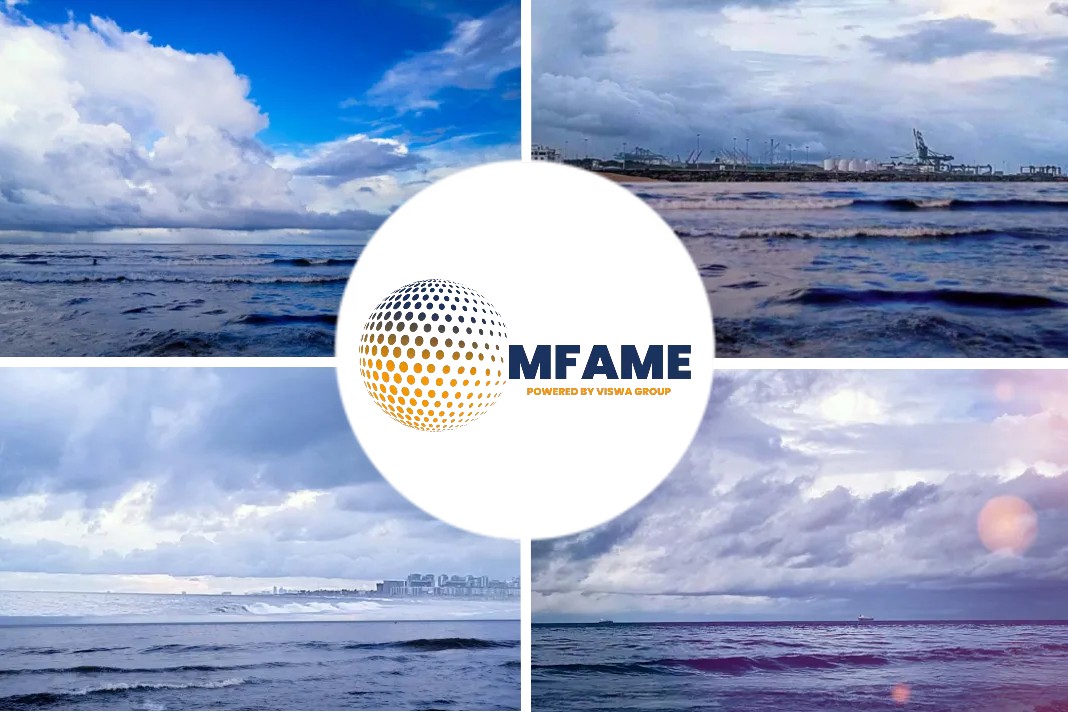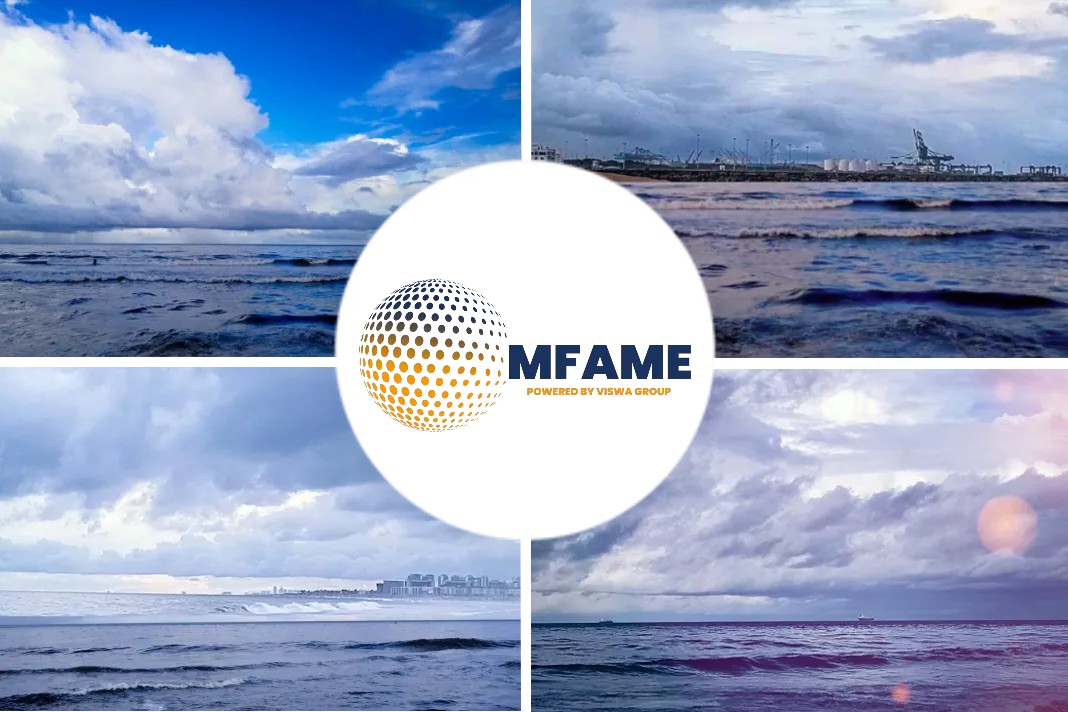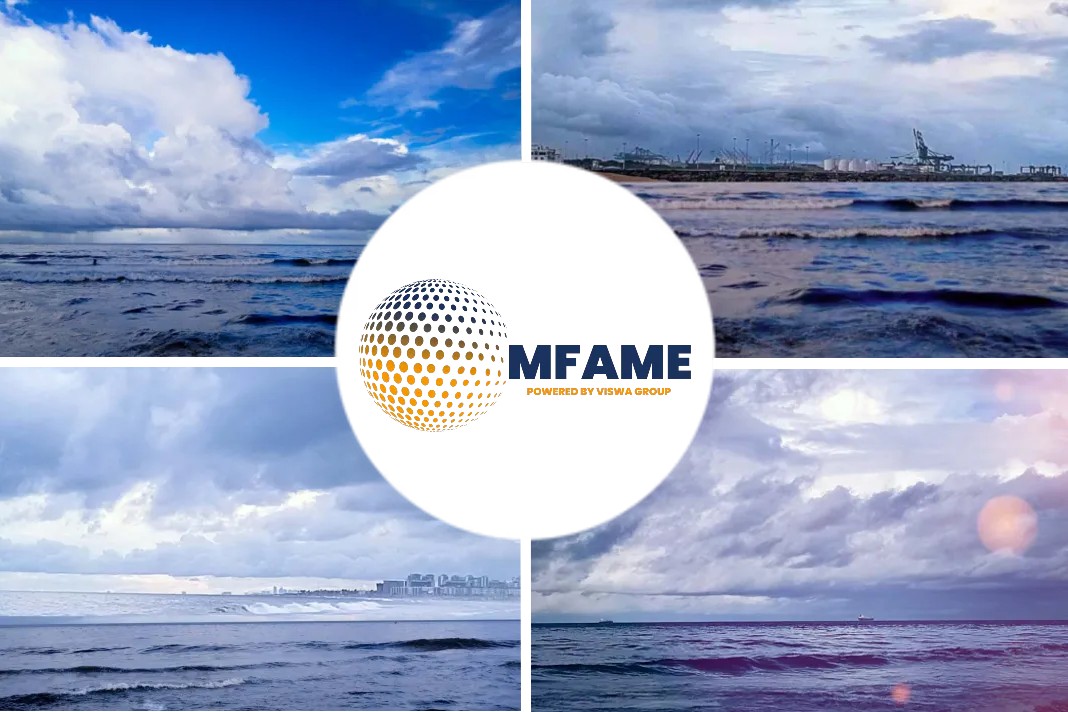Faig Abbasov in Climate Change News, elaborates on the $500 Million fund proposed by the shipping industry to support the research into climate solutions.
Noteworthy highlights
- This is a welcome addition to existing plans to clean up shipping.
- IMRF proposes to levy €0.6 ($0.7) on each tonne of CO2 that ships emit ($2 per tonne of fuel).
- To generate about $5 billion in funds over the next 10 years.
- These resources would fund research and development (R&D) into carbon-free marine technologies that would help decarbonise the sector.
The hidden agenda
It may be considered as an opportunity to spin this proposal as (a precursor of) a global market-based measure (MBM), a carbon pricing system, for shipping.
MBMs plans to take the industry towards environmentally sustainable technologies by making CO2 emissions increasingly expensive.
A Subtle Example
For example, EU sectors covered by its ETS, including power plants and airlines, pay around €25 ($28) per tonne of CO2 emitted.
While in itself insufficient to nudge the maritime sector to carbon-free fuels, the EU carbon price is a whopping 40 times bigger than the IMRF carbon/fuel levy. In that context, it would be ridiculous to suggest that the IRMF is an MBM and that we should all lie back and expect miracles in the next 10 years.
Given such a mediocre starting point, expecting IMRF in the future to evolve into a proper carbon pricing mechanism would be akin to expecting a hen chick to evolve into a fully grown ostrich.
European Green Deal
A week before it was released, the new European Commission published a European Green Deal, a strategy paper laying out its plans for regulatory and policy actions to ensure that Europe becomes the first carbon-neutral continent by 2050.
Resistance to European measures on shipping
EU shipping in the ETS would initially generate about €4 billion/year in revenues, while having a negligible impact on consumer prices, measured in less than a cent on a kilo of bananas shipped to Europe.
Given that the shipping industry has long been resisting European measures on shipping, it is quite hard to shake off the feeling that the release of the IMRF was, in part, calculated by some to dissuade Europe from acting on maritime emissions.
Bennett, deputy secretary-general of the ICS, was quoted in Politico Europe as saying: “If you believe in a market-based mechanisms, the place to do that is at the IMO. […] This is a global problem and it’s only going to be solved at the global level.”
Nipping EU ETS at the bud
- It is obvious that at least parts of the industry are keen to nip the EU ETS in the bud.
- By giving the misguided promises that everything is under control at the IMO.
A noteworthy point of view
IMO and other UN agencies, like Icao, are notorious in their appallingly poor track record in curbing the sector’s climate pollution.
To solely on the IMO to solve shipping’s climate impacts is akin to relying on (mostly) coal development ministries and coal miners to eliminate coal-power plants.
Call for togetherness for climate solution
The IMRF and EU ETS can actually function in parallel – the latter could even fund the former. There cannot be exclusivity in action against climate change.
Did you subscribe to our daily newsletter?
It’s Free! Click here to Subscribe!
Source: Climatechangenews















